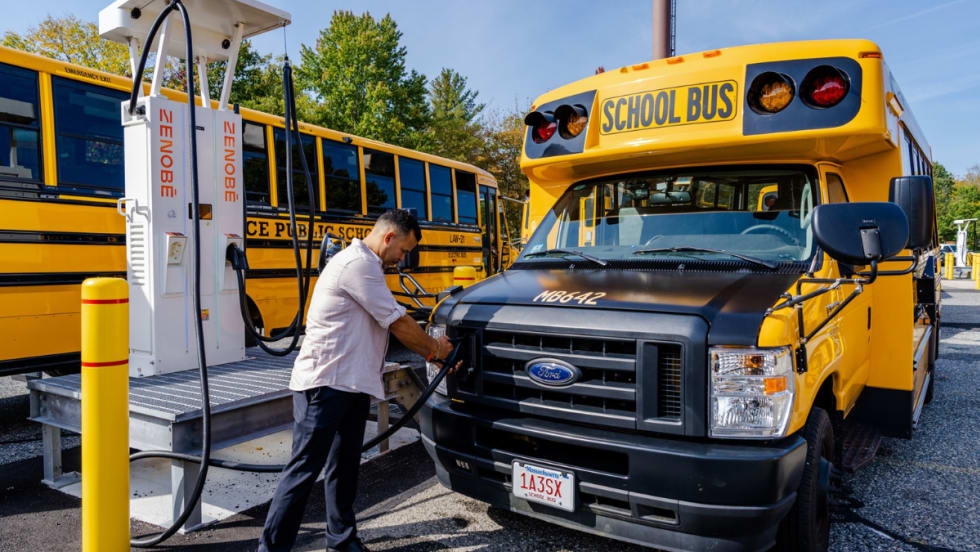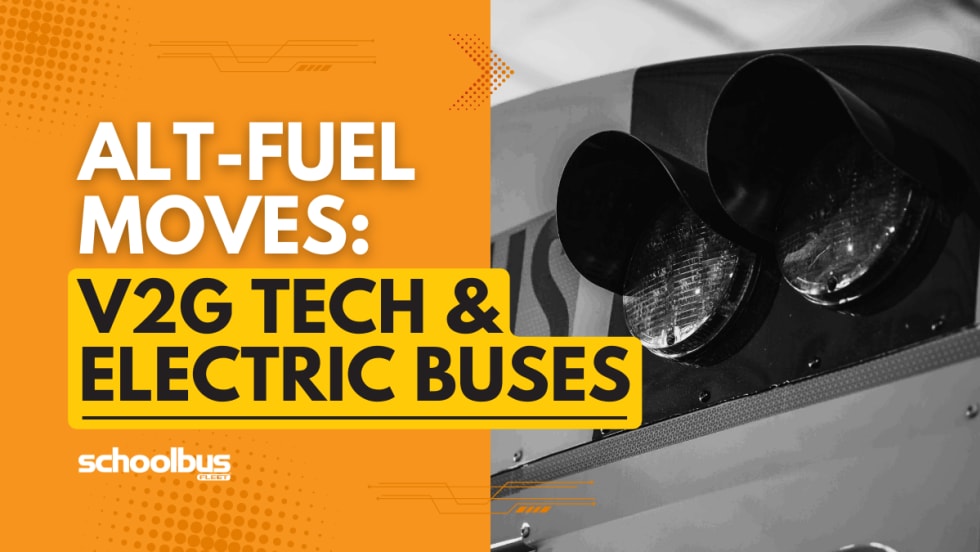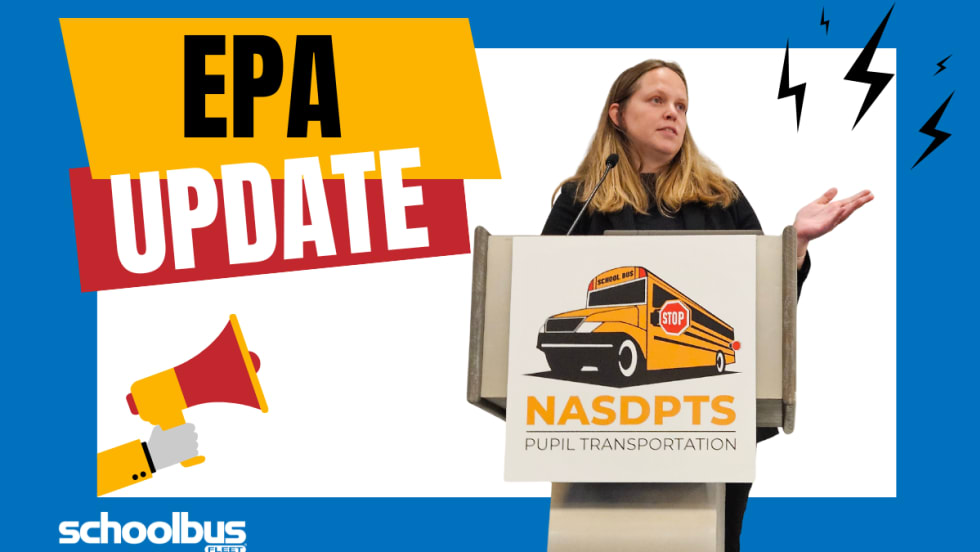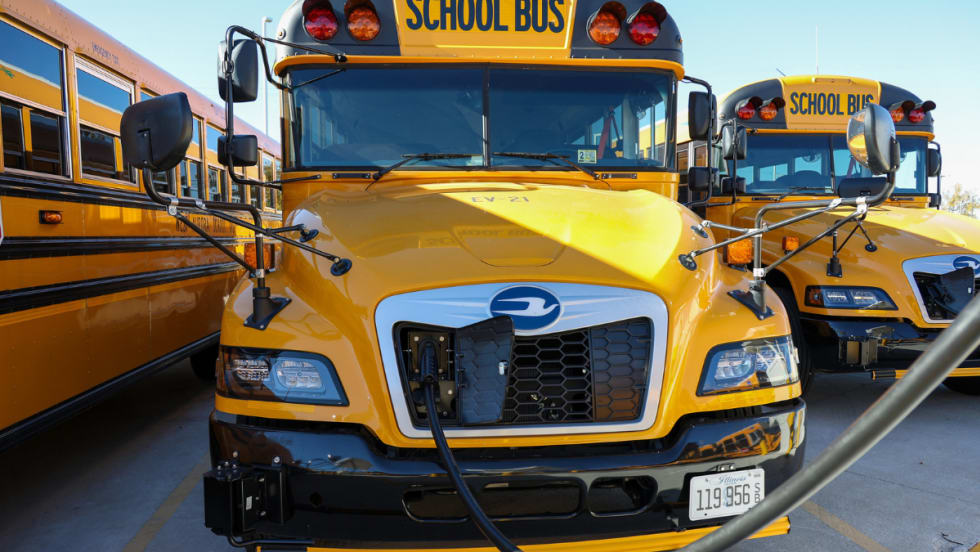Core Development Group, a leading clean energy company, announced it is building an electrified energy-transportation infrastructure network for customers across the United States. The electric vehicle supply equipment (EVSE) network will be part of the largest EV fleet charging system in the Americas, according to a press release.
Core Development Group has been working for a large U.S. retailer to design, engineer, procure, and construct 6,000 large-scale level 2 (L2) and hundreds of level 3 (L3) fast-charge systems. The network includes 250 EV chargers per installation location, across 23 large commercial and industrial locations in the United States.
Among the clients Core Development Group is working with to help streamline the process of designing, evaluating, funding, and implementing organizational EV charging projects are school districts working toward school bus electrification. Companies, municipalities, universities, automobile manufacturers, and dealerships are also utilizing the network.
One major challenge of this project is to equip utility-scale feeder equipment, which is not typically used for distribution centers or other commercial buildings. However, a typical commercial building may be able to accommodate the electrical load of approximately ten L2 chargers. Ramping up install hundreds of EV chargers per location requires a great deal of experience, expertise, and coordination between all the project stakeholders.
Partnering with Utility Providers
To accomplish such large-scale EV charging installations, Core Development has been working closely with over 20 different local electric utility companies across 12 states to help power the electric fleet and support corporate goals such as reducing carbon emissions and implementing sustainability initiatives. The EV charging installation locations span across the United States, with a wide geographic footprint from California to Massachusetts to Florida.













